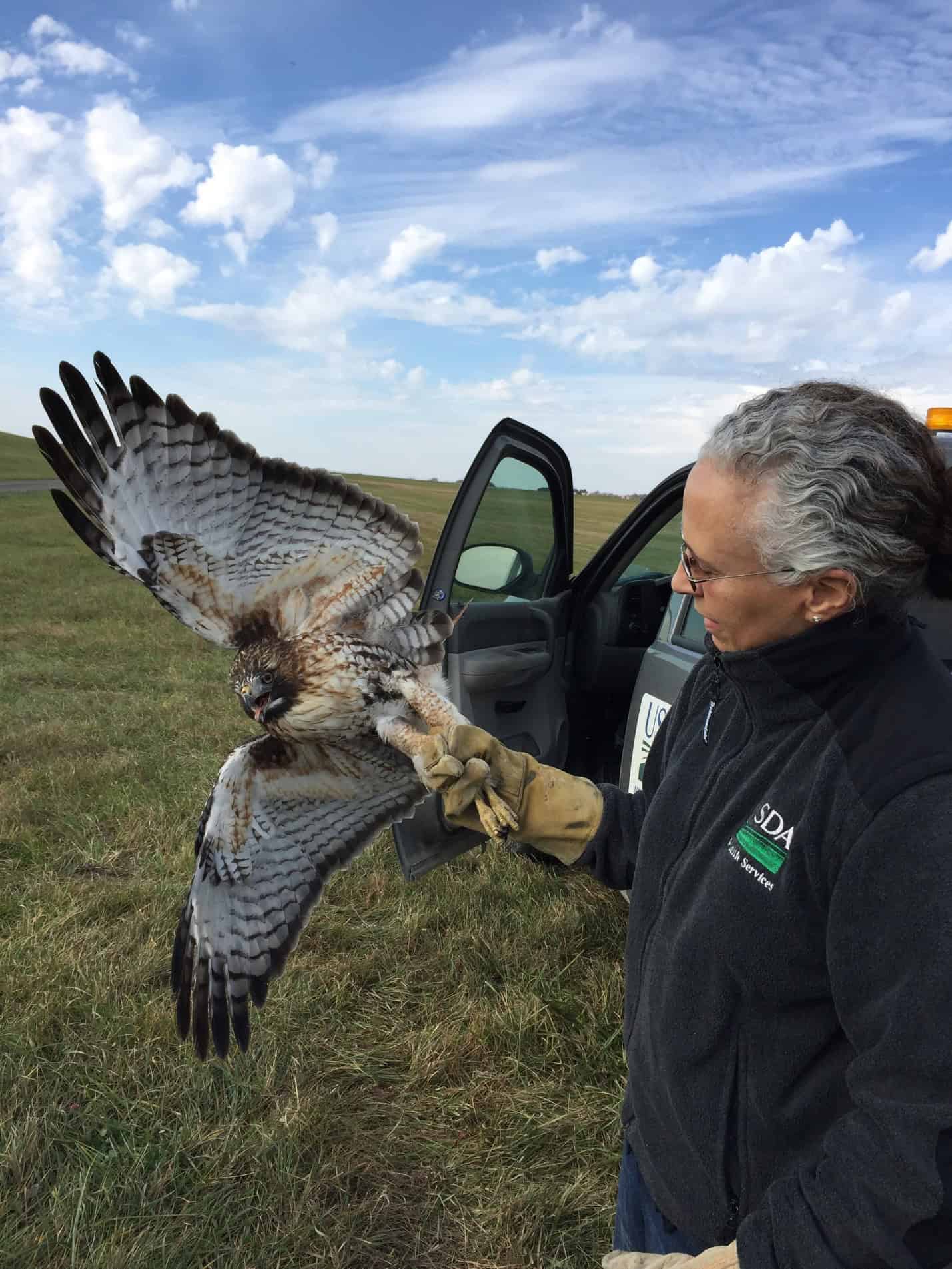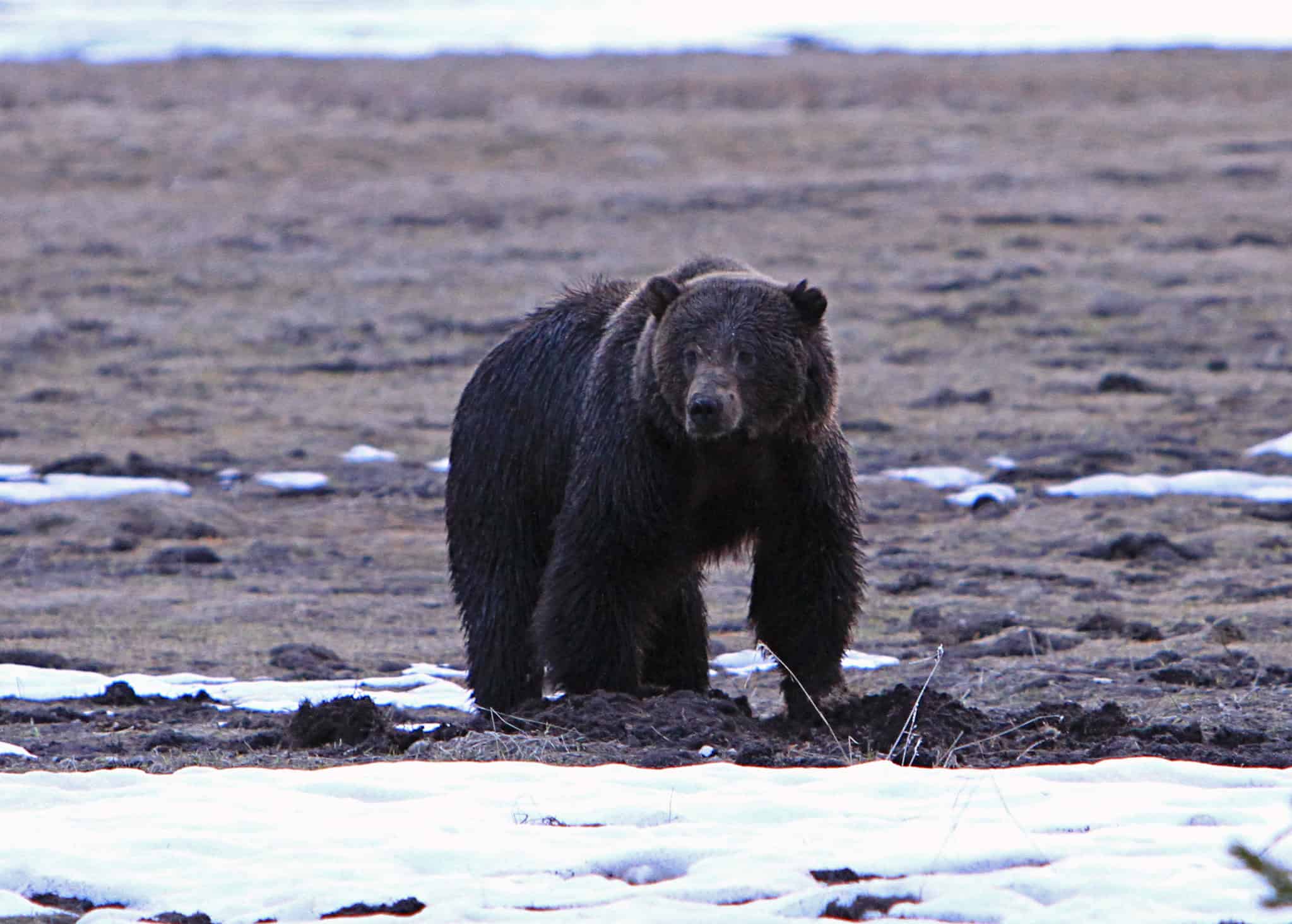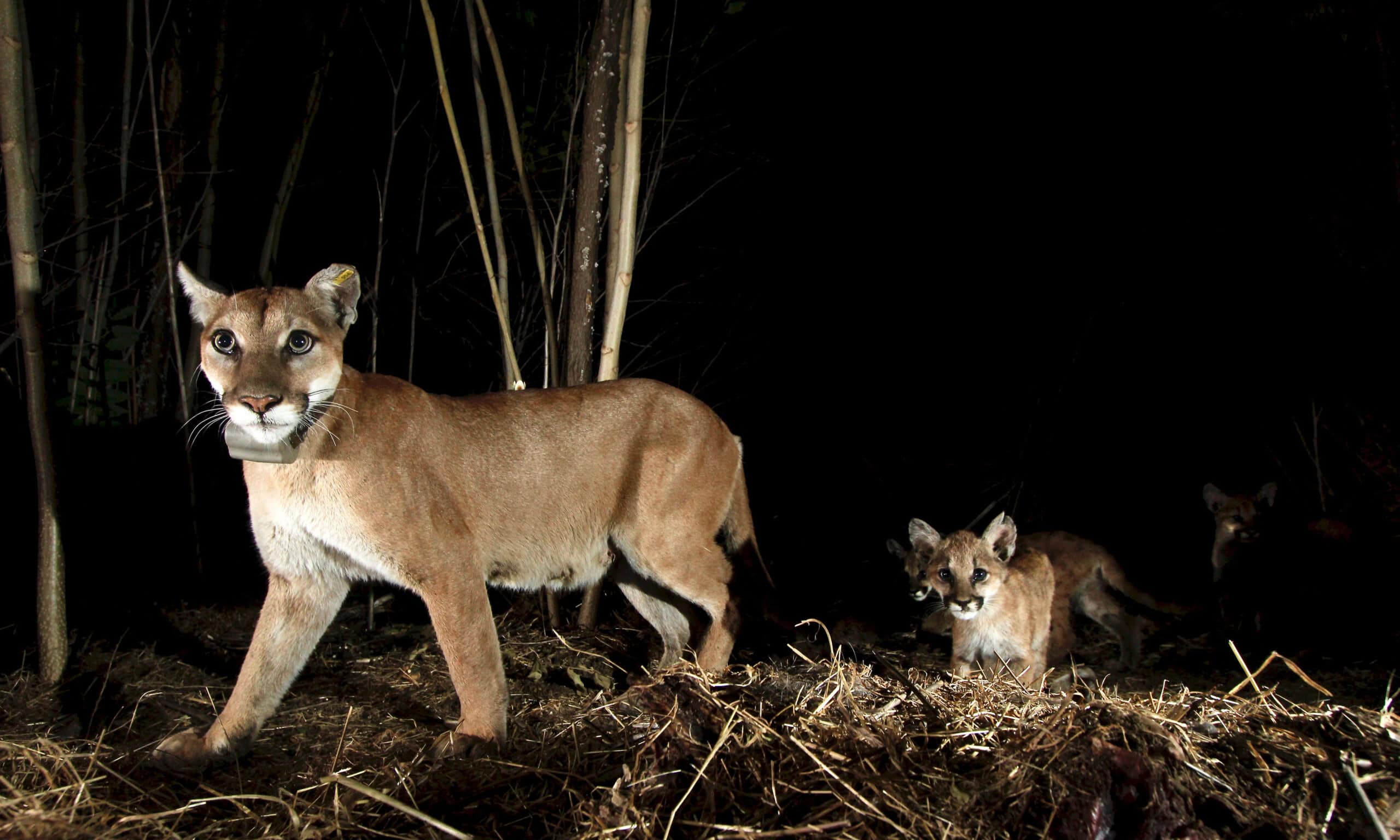Share this article
House fails to pass 2018 Farm Bill
The House of Representatives failed to pass the 2018 Farm Bill (H.R. 2) last Friday, which would have reauthorized a number of agriculture, forestry, nutrition and conservation programs under the U.S. Department of Agriculture through 2023.
The bill failed to pass by a vote of 198-213, with no support from Democrats and 30 Republicans voting against it. The lack of Republican backing is related, in part, to party disagreements over immigration debates. Many members also took issue with work requirements added to the Supplemental Nutrition Assistance Program.
The bill was first introduced to the House Agriculture Committee on April 12, and debate began at an April 18 markup hearing.
Conservation programs are authorized by Title II of the Farm Bill, and many of these programs aim to build public-private partnerships with landowners to improve habitat for fish and wildlife on their lands. These programs include the Conservation Reserve Program, the Conservation Stewardship Program, the Agricultural Conservation Easement Program and the Environmental Quality Incentives Program.
Overall, the bill would decrease funding for conservation and result in significant changes to some of these programs. It would eliminate the Conservation Stewardship Program and integrate several of its elements into the Environmental Quality Incentive Program.
During the markup session on the House floor prior to the legislation being voted down, the House approved several amendments for adoption into the bill language. One proposed by Rep. Glenn Thompson (R-PA) would establish chronic wasting disease, which is fatal to white-tailed deer (Odocoileus virginianus) and other cervids, as a research and extension priority.
Another approved amendment included language from the Healthy Fields and Farm Economies Act of 2018 (H.R. 4751), a move supported by The Wildlife Society. The act would fund efforts to measure and evaluate the outcomes of Farm Bill conservation programs to ensure taxpayer dollars are used efficiently, inform program improvements and demonstrate the benefits of voluntary conservation.
The deadline to pass a new Farm Bill is Sept. 30 when the 2014 Farm Bill expires.
A motion to reconsider the bill was filed on May 18. Republican leaders are expected to wait until after the Memorial Day recess to work towards a vote on immigration reform. The Senate is working on its own Farm Bill language expected to be introduced within the next few weeks.
Read The Wildlife Society’s technical review on Fish and Wildlife Response to Farm Bill Conservation Practices.
Header Image: The 2018 Farm Bill reauthorizes several conservation programs that build upon public-private partnerships with landowners to improve wildlife habitat. ©U.S. Department of Agriculture








